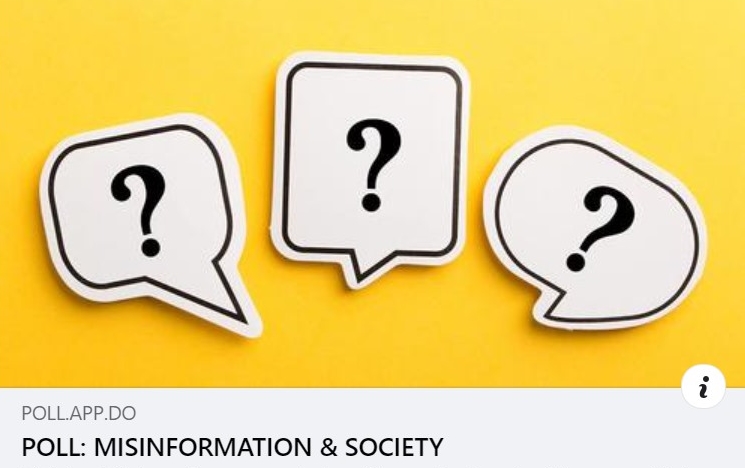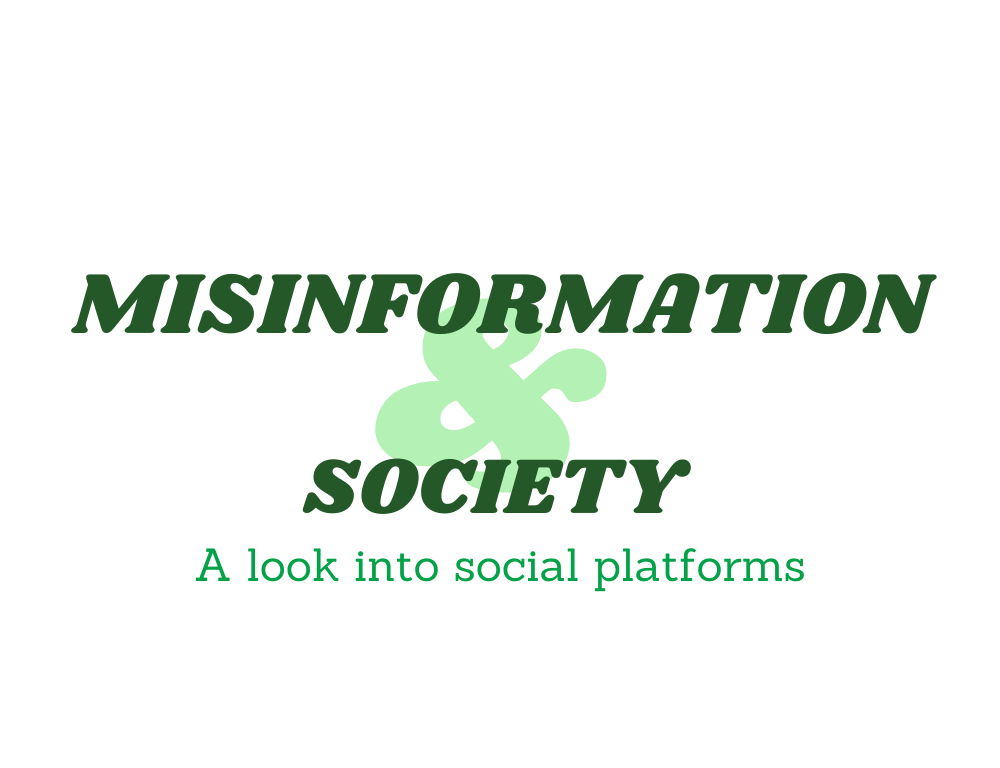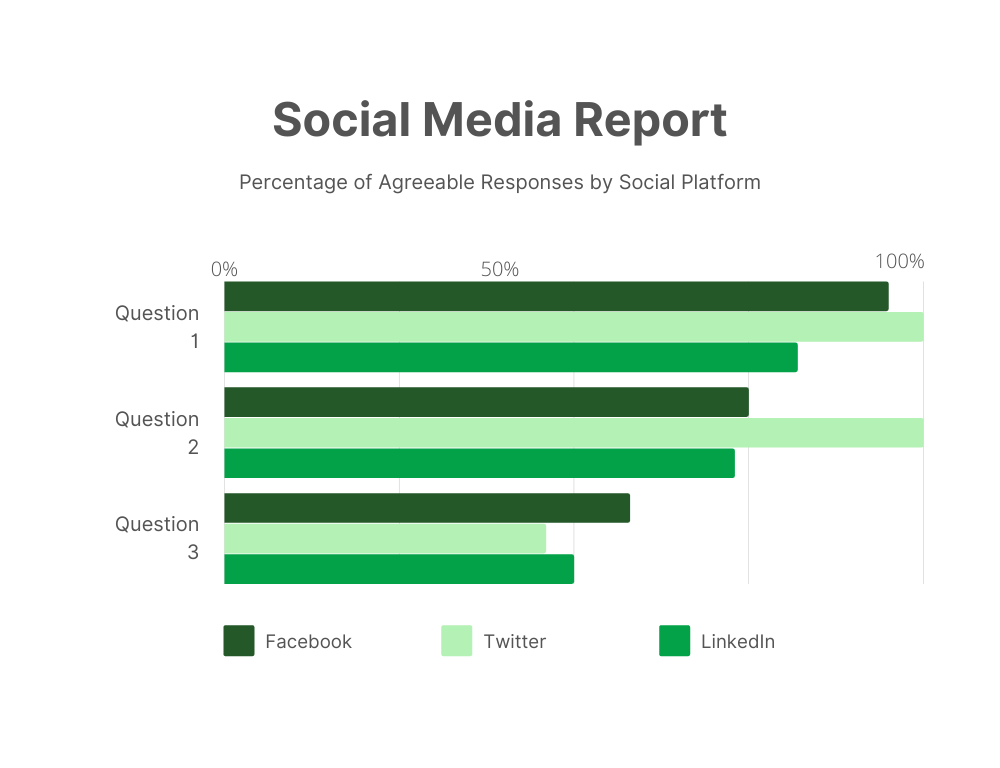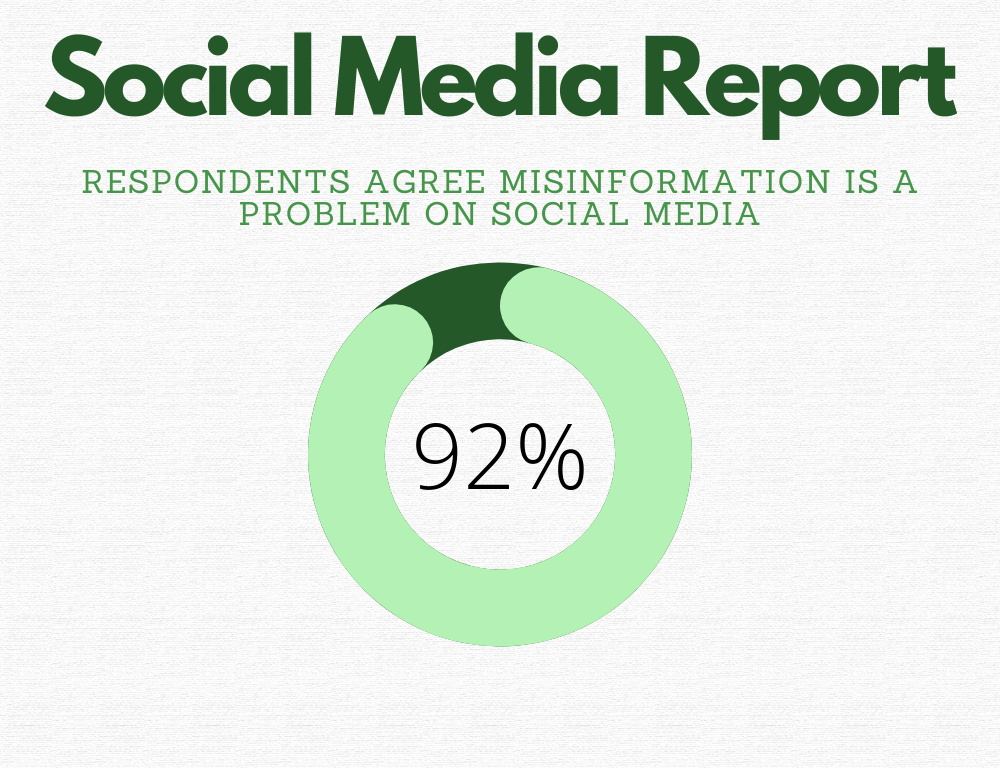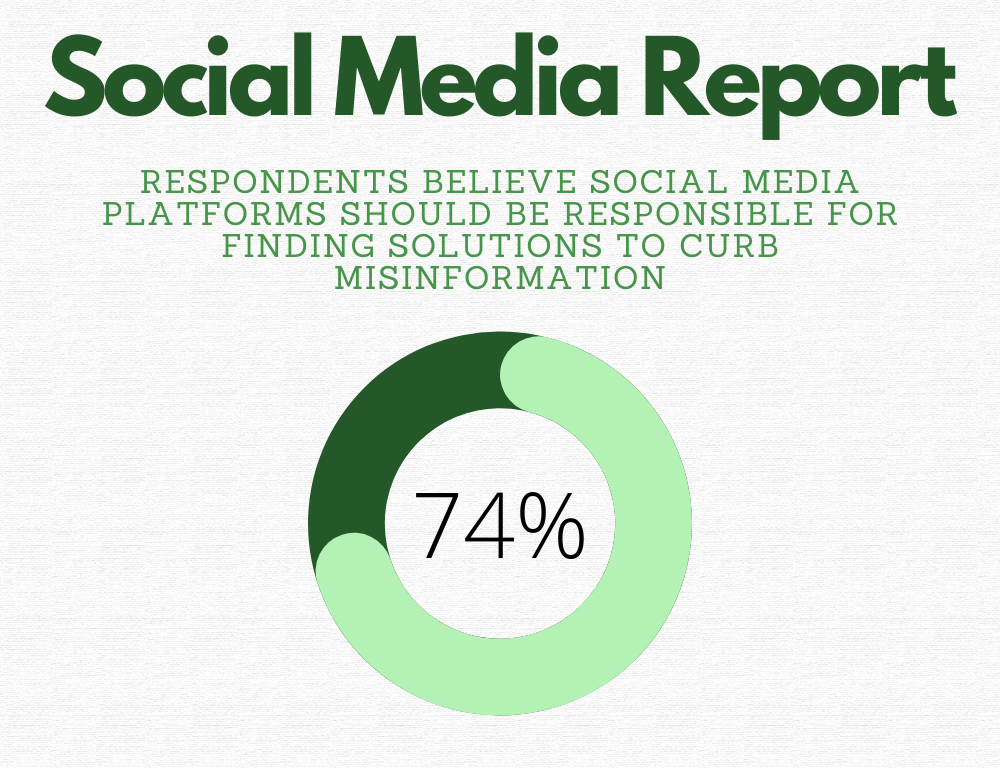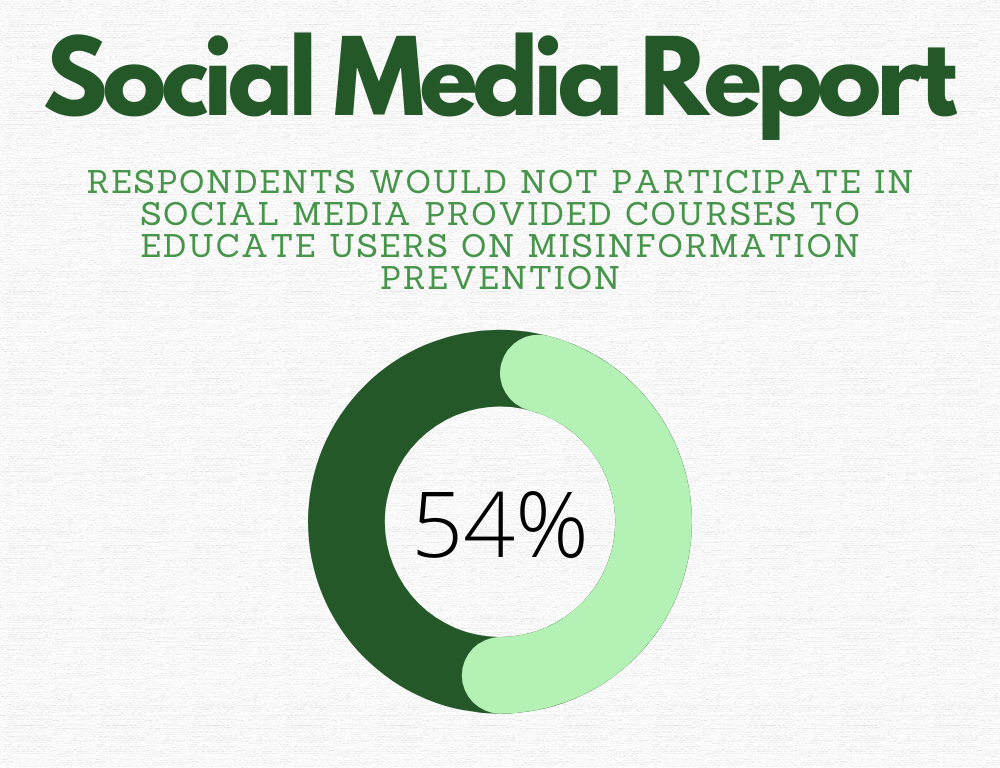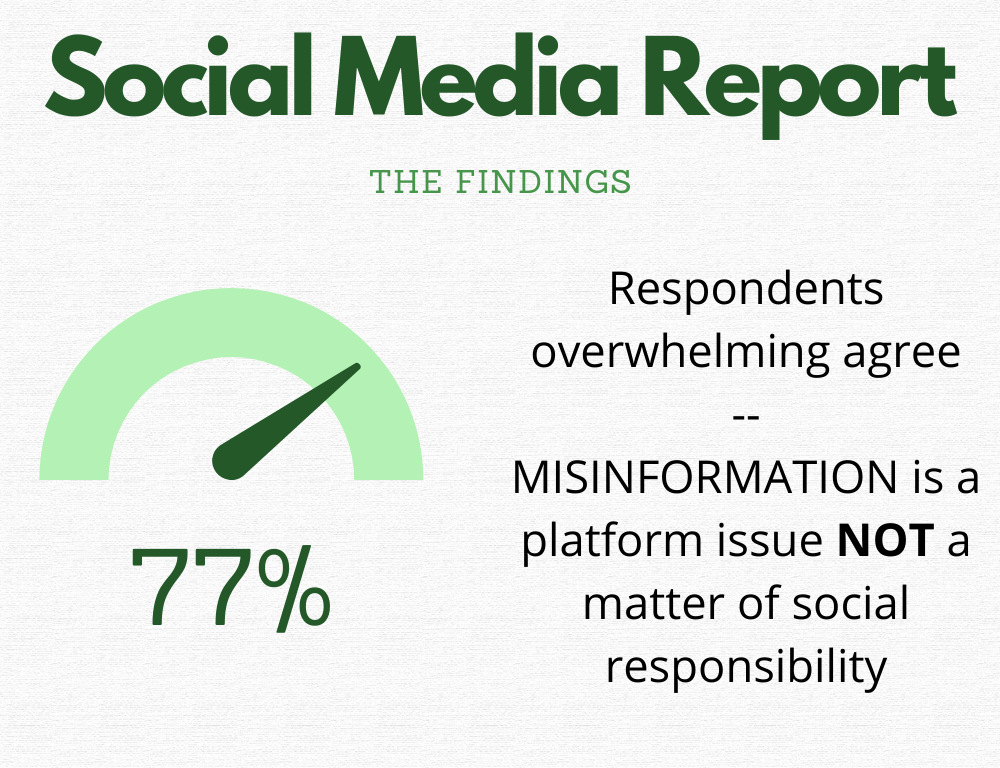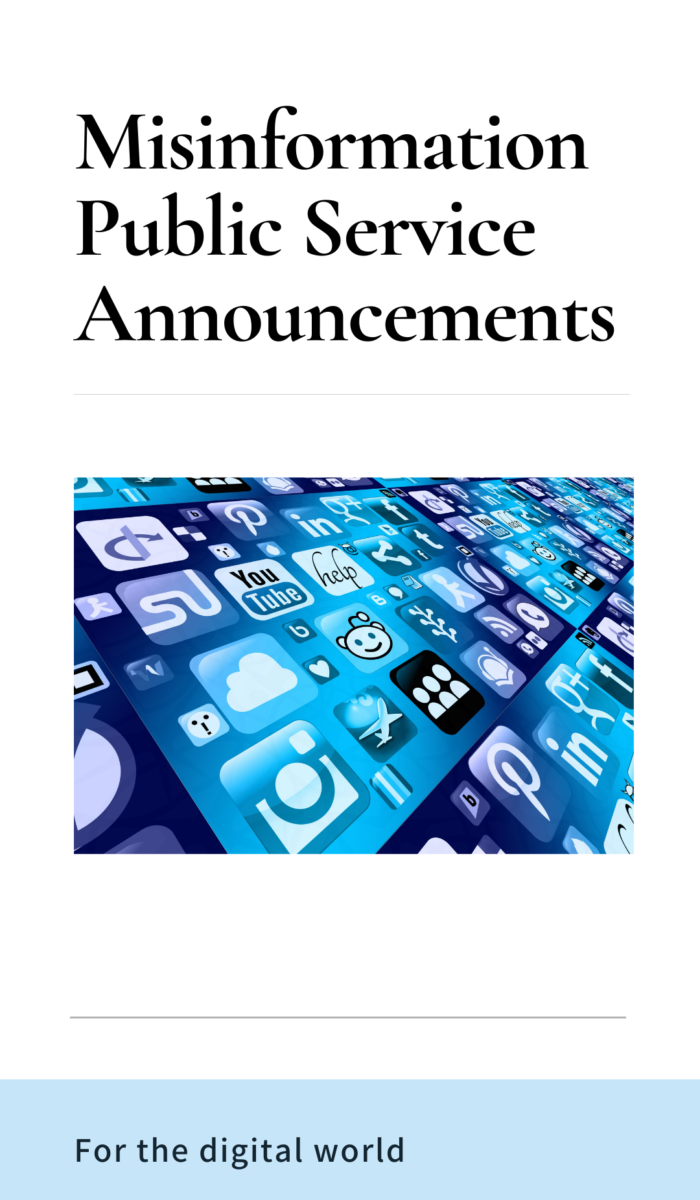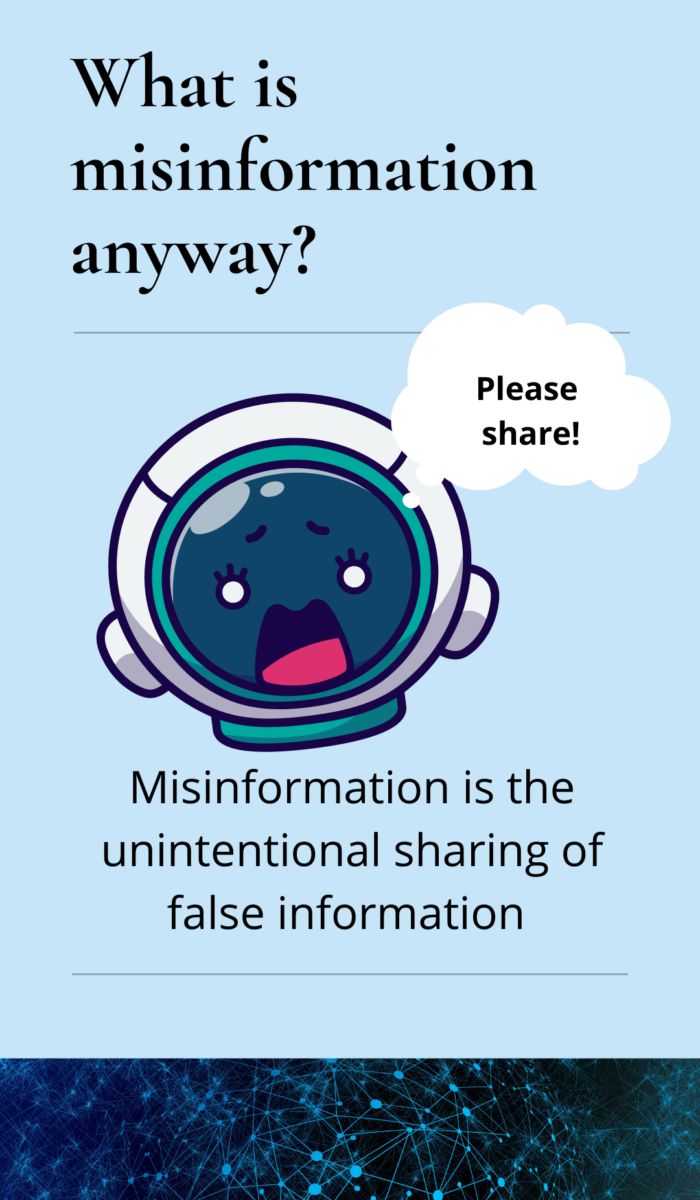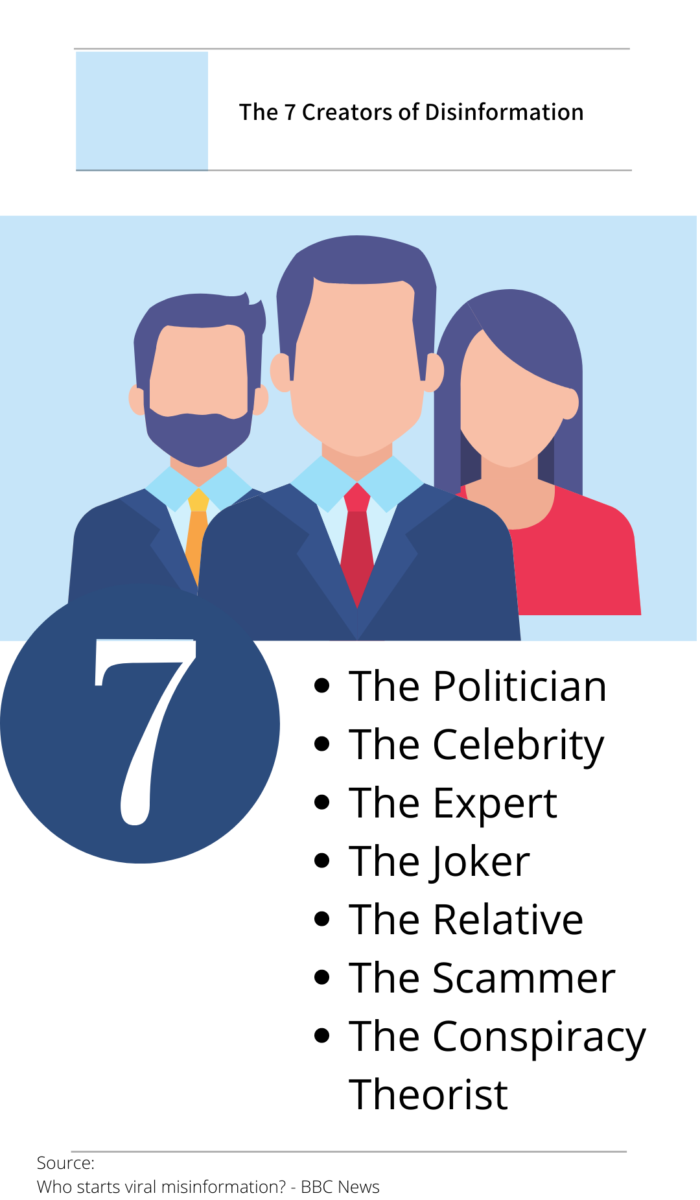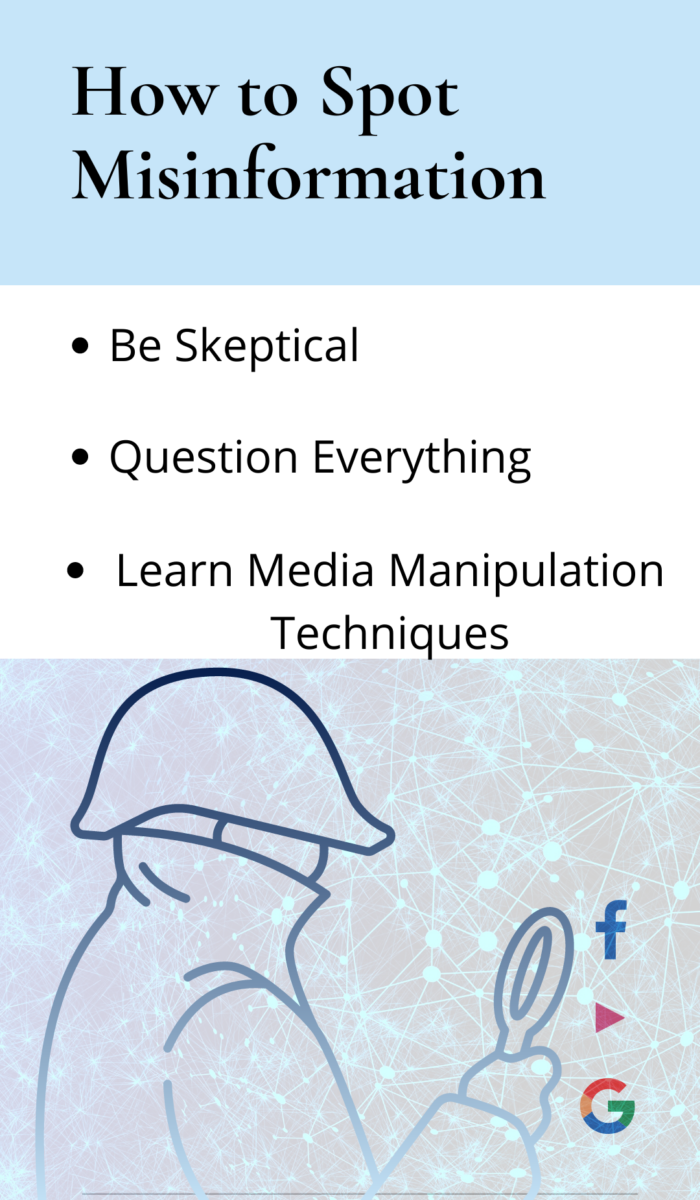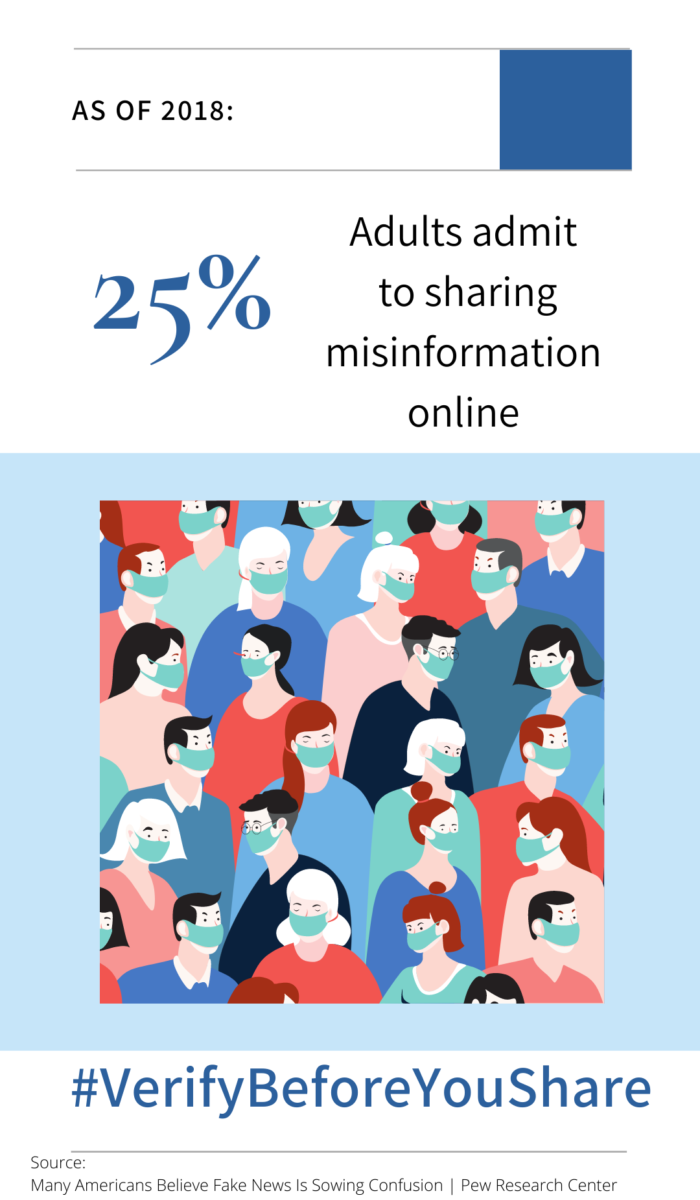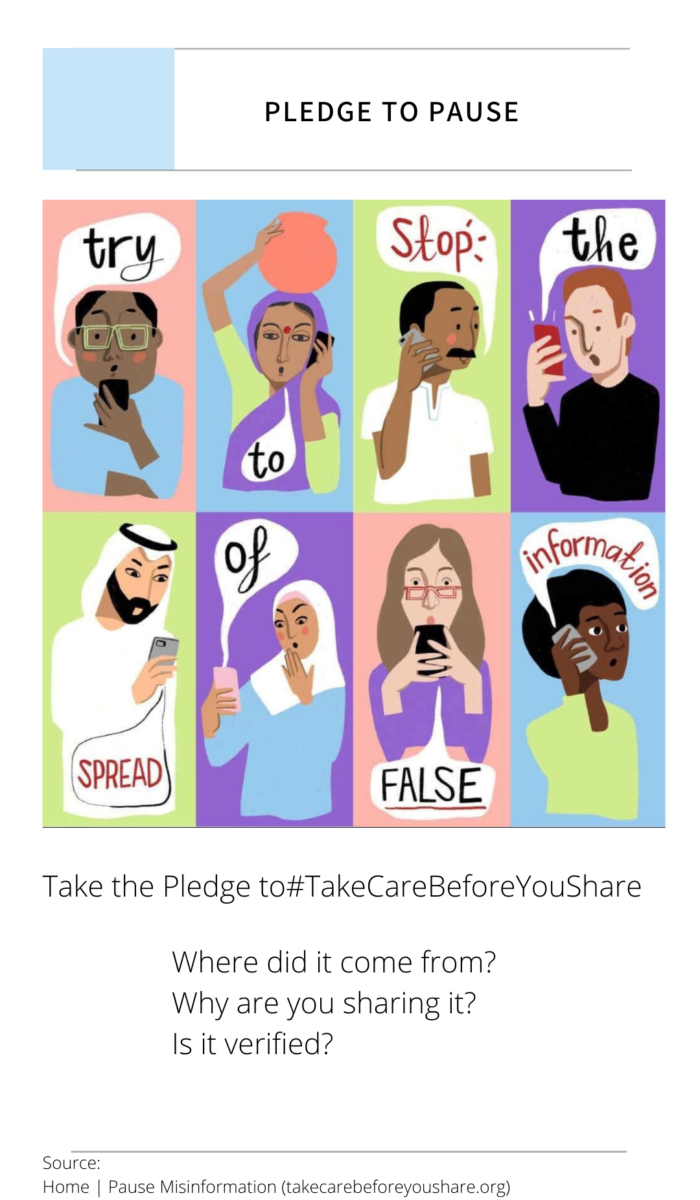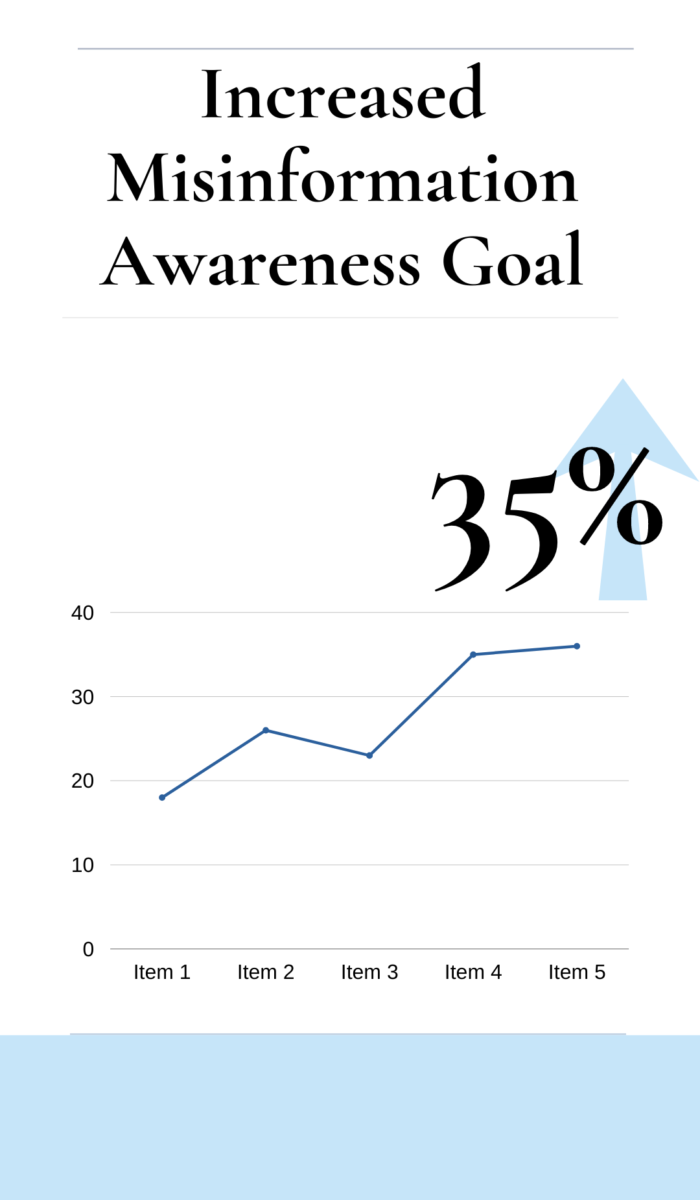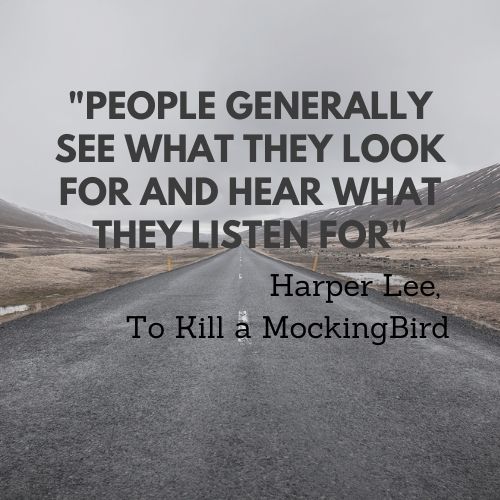Ever since writing about who is responsible for preventing misinformation spread and whether misinformation can be eliminated, I can not stop thinking about prevention ideas. In my blog post, Fall Guy or Problem Child, I thought I suggested a novel idea. My idea was for social media platforms to offer public service announcements on their platforms to educate their users about:
- What is misinformation
- Who creates disinformation
- How to spot misinformation
- How to verify information’s authenticity
PSAs have long been used and have shown promising results to create awareness around an issue or influence behavior changes. One of the most memorable PSAs of my childhood was Vince and Larry, the Crash Test Dummies. This PSA reminded drivers to wear a seatbelt to prevent front windshield impact deaths. The ad was very effective and seatbelt use within the first year this PSA was introduced rose 83%.
People remember things when they are repeatedly exposed to the same information. Think about it. Can you still quote a commercial you saw during your childhood? I know I can. One reason I suggested PSAs because they work by repetition. In my blog post, A Matter of Social Responsibility, I mentioned how conspiracy theorists use the illusionary truth effect to get people to buy into the fallacy.
The illusionary truth effect happens when:
“Repeat a lie often enough, and people will eventually come to believe it.”
I realize I am using a negative concept to make a point about the positive impact of PSAs. The psychology is the same in both scenarios. It is all about repetition, which is why I think PSAs hosted by a social media platform has potential. In 2021, Statista reported that 46% of people spent 5-6 hours every day on their cell phones. Another 22% spent 3-4 hours. Of those hours, people spend an average of 65 minutes every day on social media. That is a significant opportunity to insert positive messages surrounding the awareness of misinformation prevention.
There are a couple of obstacles to overcome for this idea to have merit. The first obstacle is whether users trust a social media platform to create such a tutorial without bias. The second obstacle is whether users would sign-up for such a course. To answer both those questions, I thought to poll social media users. Before asking users those two questions, though, I wondered if social media users believe misinformation is a problem on these platforms. According to a 2021 AP poll, 91% of adults believe misinformation is a problem on social media. I ventured to find out whether my social media connections felt the same.
I created a social media poll and asked three simple questions:
- Do you believe misinformation is a problem on social media platforms?
- Should social media platforms be responsible for finding ways that help curb the spread of misinformation on their sites?
- If a social media platform hosted a 15-minute misinformation tutorial on identifying misinformation and verifying sources, would you sign up to take such a course?
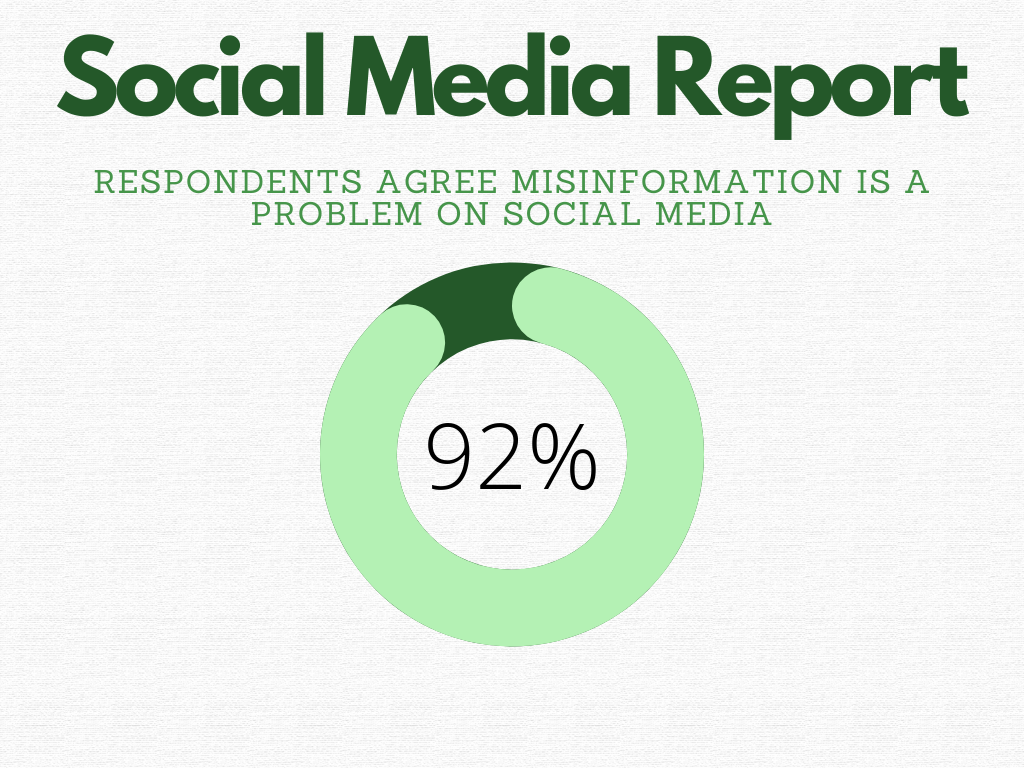
Honestly, I was pretty surprised by the results. Question one revealed 92.33% of respondents agreed that misinformation is a problem on social media sites. My poll result is in line with the AP poll mentioned earlier. The most interesting result from this poll is how each platform responded. Nearly 98% of Facebook respondents felt social media has a major problem with misinformation. Whereas only 82% of LinkedIn respondents felt misinformation is an issue on social media. I would have thought these results would have been the opposite.
I predicted the response to question two would have been similar to question one. My prediction was a bit off. 75% of Facebook and 73% of LinkedIn respondents agreed that social media platforms should do “something” to prevent misinformation on platforms. These responses were not too far off from one another, but I thought this question would have produced a resounding yes. The results of my poll are again close to the AP poll, which confirms 67% of people believe social platforms should do something about misinformation.
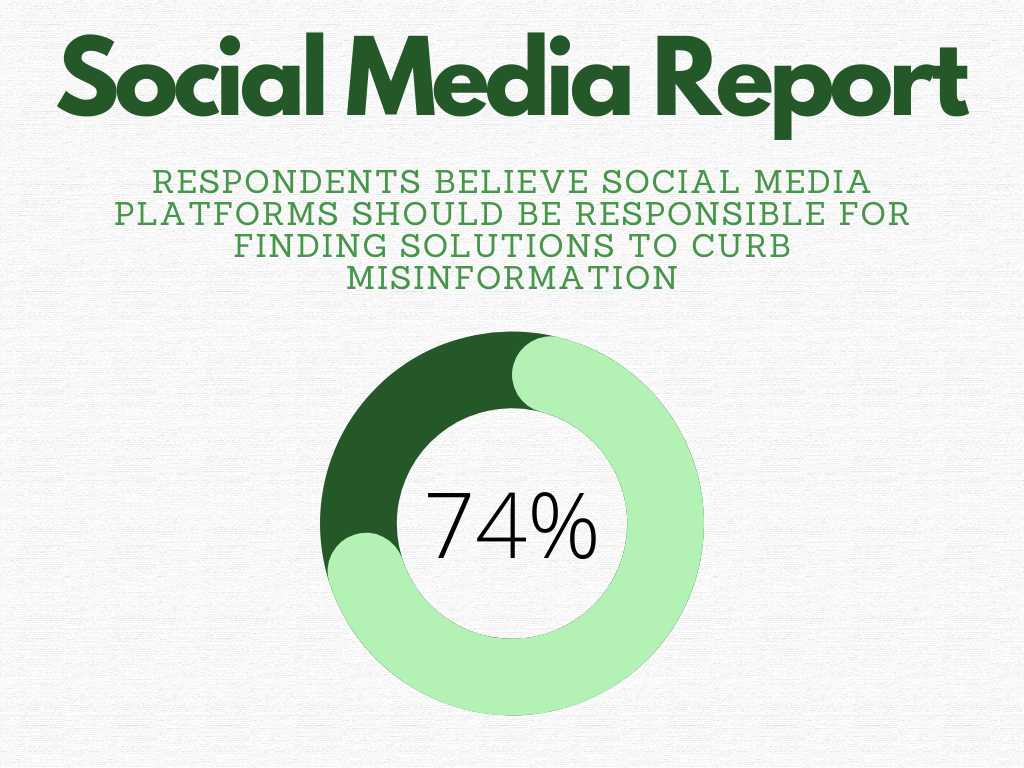
Question three’s response was not what I expected. My prediction was Facebook respondents would have overwhelmingly said no to participating in educational courses on the platform. However, I did think most LinkedIn respondents would have said they would take a class offered on this platform. I could not have been more wrong.
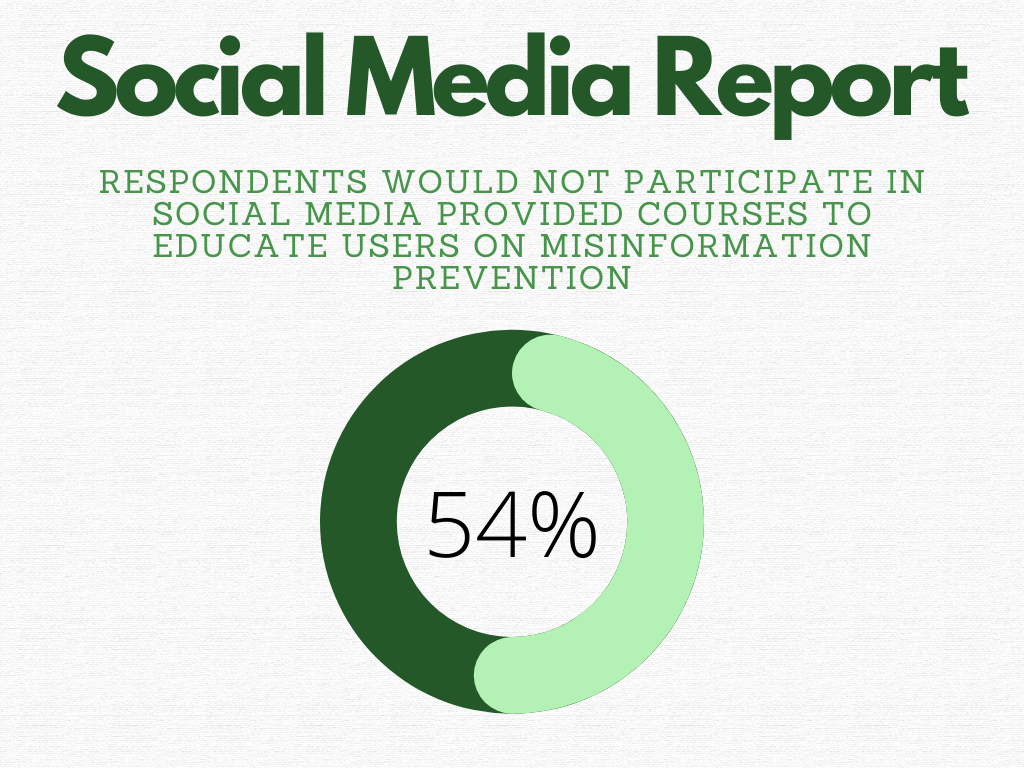
An astounding 56% of Facebook users said they would take a platform’s course if offered to them. LinkedIn users were divided on this question. 50% said they would, and 50% said no to such a course. I predicted a negative response to this question because I believed most people would not trust a social platform to be unbiased. A Pew Research poll in 2020 revealed 73% of Americans feel social media cannot be objective.
The social media platforms would not have produced the PSA campaigns and misinformation courses in my idea. The platforms would have only hosted them and regularly placed the PSA in the user’s news feed. My suggestion would be to partner with a college that offers a media literacy certificate program to accomplish this. This program could be tailored for each social platform. This way, the social platforms cannot be accused of bias.
Overall, my poll respondents believe there is an issue of misinformation on social media platforms and believe it is an issue for platforms to solve. However, 77% felt it was not an issue they should have responsibility for. This outcome saddens me because, as I wrote in my blog post, A Matter of Social Responsibility, I believe preventing the spread of misinformation is a social responsibility. It is the responsibility of everyone.
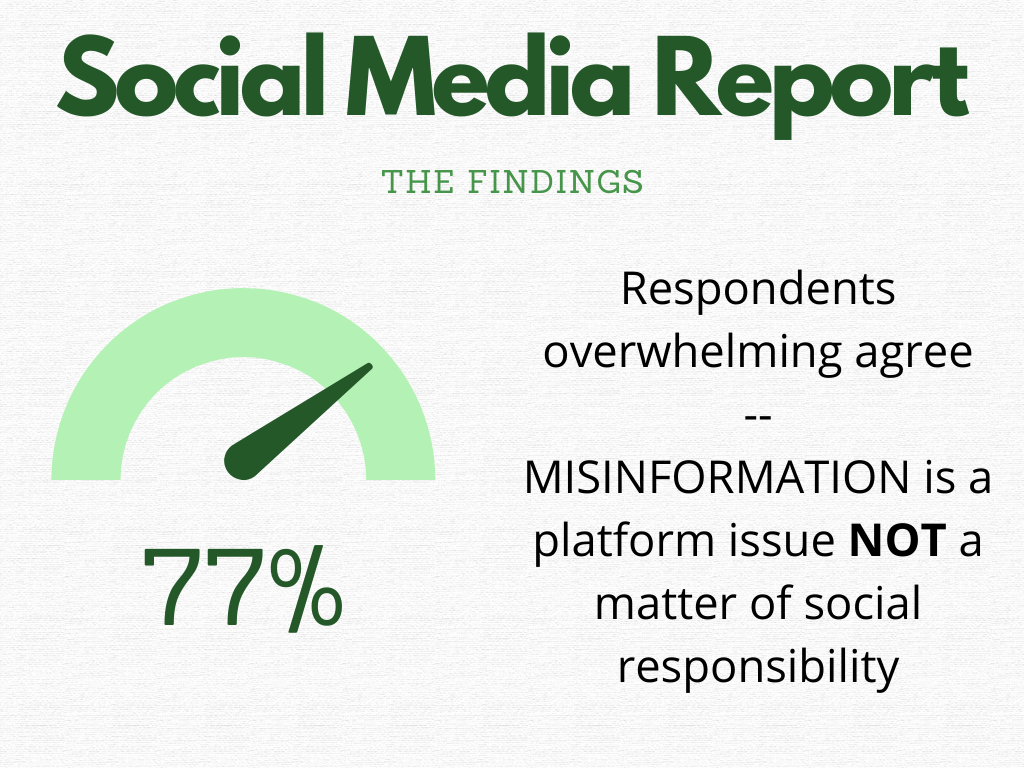
Adam Durfee, BYUs YDigital Managing Director, agrees that the fight against misinformation must start with the user. Social media users need to assess their online actions and verify the source of information they are about to share. Durfee believes the only way for users to understand their online responsibility is through media literacy education. Again, it goes back to user buy-in though.
Using Aristotle’s Virtue Theory could aid in getting users to take responsibility for their online behavior. According to Aristotle, people acquire virtue by practicing honesty, generosity, and just actions. A “person develops an honorable and moral character” by practicing virtue. By providing media literacy education on social platforms, users have the tools to practice online media responsibility. Once this practice becomes second nature, social media users develop the just actions needed to #TakeCareBeforeYouShare unverified information.
A PSA campaign could introduce people to media literacy education and encourage them to learn verification techniques. With the right message and the right visual aids, users can be reminded of their responsibility in preventing misinformation spread. The initial goal would be to get users to #pause before they like or share information. All this campaign needs is a place to be shown. What better place than on social media platforms with 4 billion users.

